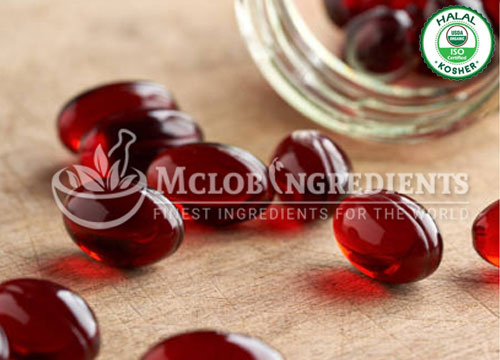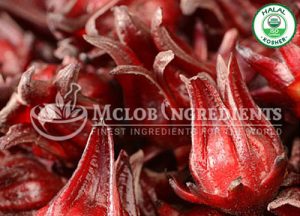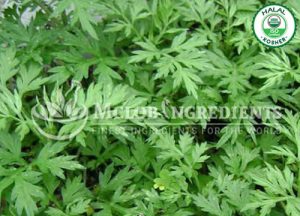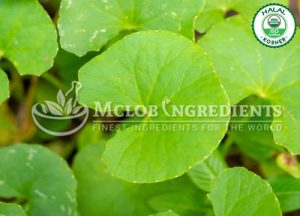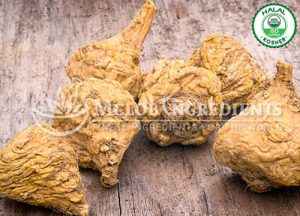Astaxanthin is a carotenoid pigment that occurs in microalgae, shrimp, and yeast among other creatures of the sea. It is mostly found in pacific salmon and causes the pink or red color in salmon, lobster, fish, trout, shrimp, and other seafood. Astaxanthin is an antioxidant that contains pro-Vitamin A. It is used as a dietary supplement and food dye. It has been linked to healthier skin, endurance, joint pain, and heart health. The medication is used to lower oxidative stress in smokers and overweight people and improve blood flow.
Benefits :
- Astaxanthin might protect cells from damage.
- Astaxanthin might also improve immune system functions.
- Astaxanthin is used for various purposes including Alzheimer’s disease, aging skin, athletic performance, muscle soreness from exercise, and many others.
Side effect:
Common side effects of Astaxanthin in high doses include –
- Stomach pain
- Increased bowel movements
- Red stool color
Precaution:
- Avoid those who have autoimmune problems due to Astaxanthin suppressing your immune system.
- Be cautious using astaxanthin if you have:
- Low blood pressure.
- Hormone problems.
- A problem with your parathyroid glands.
- Low calcium
- Osteoporosis
Interaction:
Be cautious with the following combination-
- Medications changed by the liver interact with Astaxanthin.
Some medications (Cytochrome P450 2B6 (CYP2B6) substrates or Cytochrome P450 3A4 (CYP3A4) substrates) are changed and broken down by the liver. Astaxanthin might change how the liver breaks down these medications quickly. This could cause a change in the effects and side effects of these medications.
Dose:
Astaxanthin in adults doses 4-18 mg daily for up to 12 weeks by mouth. Advice with a healthcare provider to find out what dose might be best for a specific condition.



